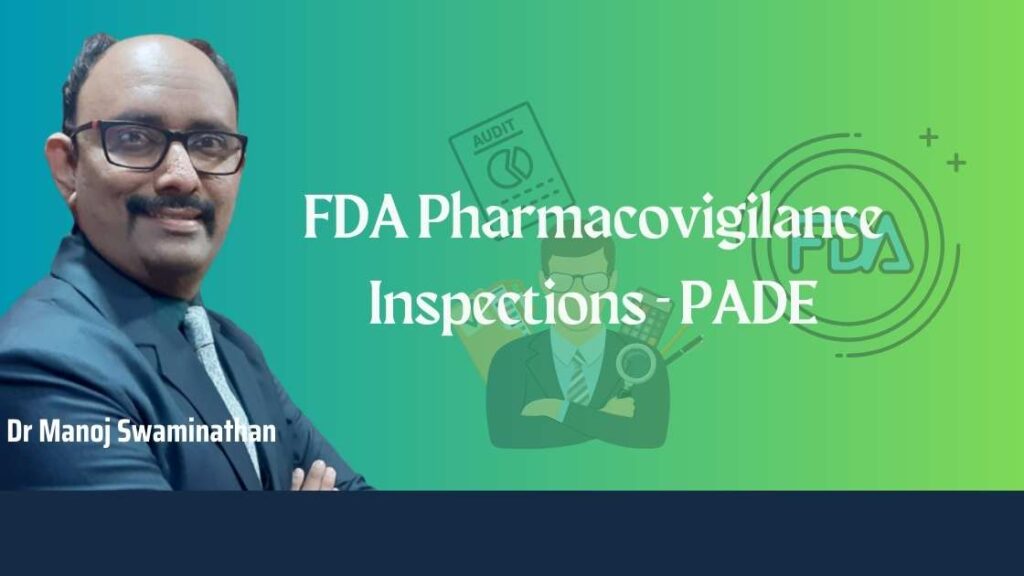fda
Many regulatory agencies require companies to submit aggregate safety reports periodically for their products. Examples of aggregate safety reports include periodic safety update reports (PSURs), periodic benefit-risk evaluation reports (PBRER), Addendum to Clinical Overview (AdCO), Voluntary Malfunction Summary Report (VMSR), Cosmetic Product Safety Report (CPSR), developmental safety update report (DSUR), IND-Annual Report, etc. Many misconceptions […]
Although remote audits and inspections have become a norm after the onset of the COVID-19 pandemic, the limitations of remote auditing remain! There is no doubt that remote audits cannot take precedence over on-site or face-to-face audits. Hence, a middle path is needed, primarily when the whole industry evaluates using Artificial Intelligence (AI), Machine Learning […]
At a time when the world is transitioning from the mandatory HCP (healthcare professional) reporting, we have a fantastic pilot initiative from the FDA, for empowering consumer/patient reporting. Project Patient Voice is an online platform for patients and caregivers, along with their healthcare providers to look at patient-reported symptom data collected from cancer clinical trials. […]
“The best way to survive an FDA inspection is to be prepared for it!” An FDA Pharmacovigilance inspection is generally unannounced. However, if it pertains to a foreign/ Non-US site, it is likely to be a pre-announced one. What are the types of FDA Pharmacovigilance inspections? 1. Post Marketing Adverse Drug Experience (PADE) 2. Risk […]
The recent revocation of the Ulipristal licence to indicate uterine fibroids has reminded the Pharmacovigilance community about the importance of Drug-induced liver injury, or DILI. Incidentally, DILI is one of the most typical reasons for product withdrawals. Drug-induced liver injury (DILI) is uncommon but a potentially fatal cause of liver disease associated with medications and […]
The primary objective of Pharmacovigilance is to ensure that safe and effective medicines are available for Public Health. In August 2020, the FDA removed the Boxed Warning about amputation risk from the diabetes medicine canagliflozin, based on the review of new data from three clinical trials. This boxed warning was imposed in May 2017. Thanks […]





